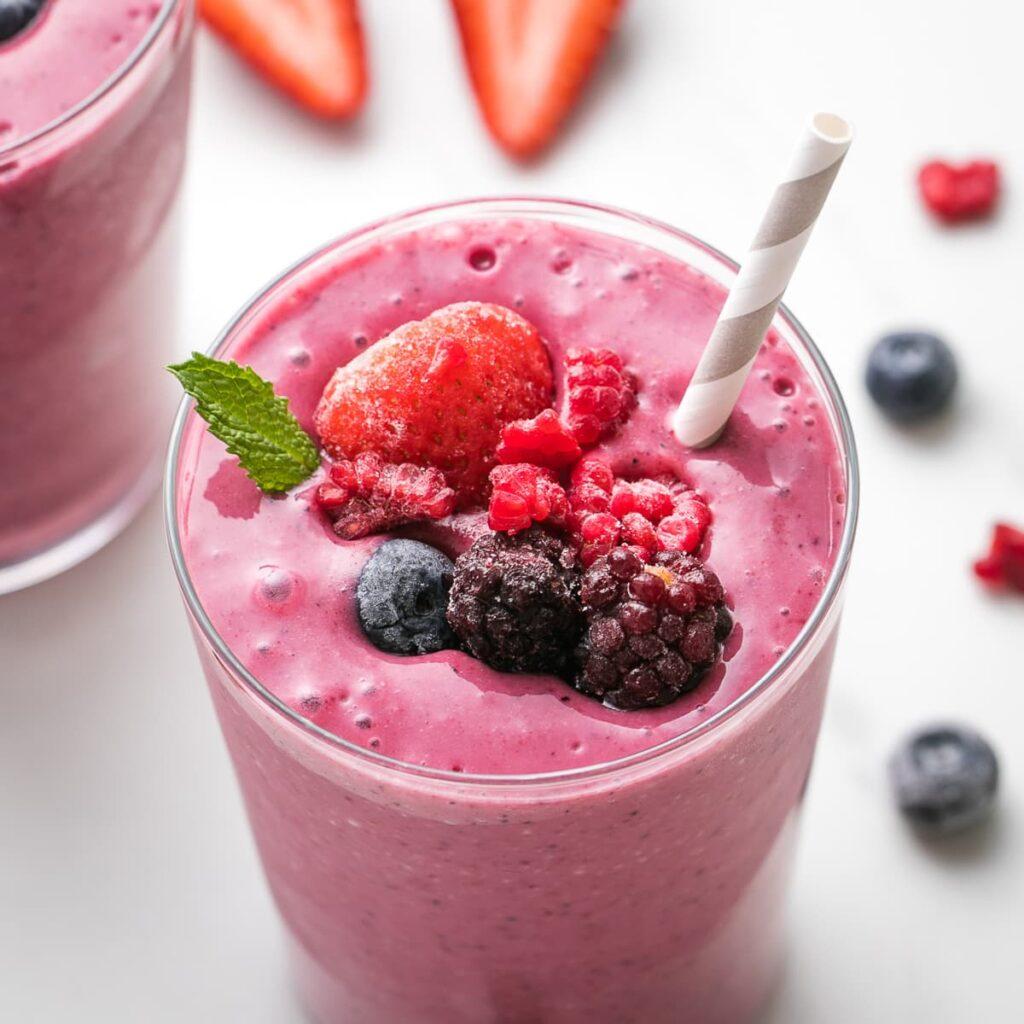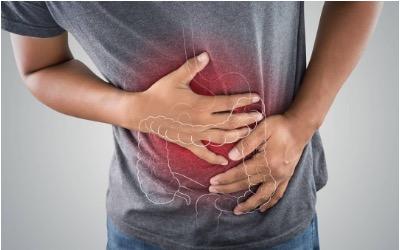Some people think it is not being regular, i.e., having a daily bowel motion. Regularity supports the body to eliminate waste, but constipation is also determined by what kind of stools you have. If your daily poo isn’t sausage shaped, soft, easy to pass and chestnut coloured then I invite you to read on…
This blog can help you identify if you are constipated, possible causes of constipation (client stories shared), and what can help when you are constipated (based on the type of constipation).
ARE YOU CONSTIPATED?

The clue is in your poo! The form, texture, and colour as well as frequency.
Using the Bristol Stool Chart in this link if you have stool types 1 & 2, ‘rabbit pellets’ in appearance, hard to pass and may require straining, you are constipated.
You may not have been to the toilet yet today (or for a few days), you might feel heavy, bloated, sluggish and may also notice other symptoms like tiredness, lower abdominal pain, joint pain, and may experience skin flare ups or even diarrhoea too.
POSSIBLE CAUSES OF CONSTIPATION
You might be wondering how the body becomes constipated. There can be many possible causes for constipation, e.g., poor digestion due to tiredness, not chewing food well enough, low fluid intake, anxiety, bacterial imbalances, food sensitivities (e.g., gluten, dairy protein), muscle dysfunction and for women – menstrual cycle.
It also depends on the body’s metabolism and bowel habit patterns. However, for most people these are the some of the factors that can contribute to constipation.
- Insufficient fluid intake (water and other drinks)
- Lack of soluble fibre in the diet (e.g., berries, oats, vegetables with skins, stalks) – see government guideline below.
- Anxiety and stress impacting the digestive system
- Reduced muscle movement for bowel motion
- Food sensitivities and/or inflammation (e.g., gluten, dairy, soy, eggs)
- Lack of movement, exercise, and non-exercise movement (e.g., stairs, cleaning)
The government guideline for daily fibre intake is 30g a day. A medium apple is 3g, a baked potato (skin on) is 5g, a cup of baked beans is 14g, BUT increasing fibre should be done slowly and in small amounts to give the digestive processes in the body time to adjust and test what level of fibre is manageable for your body.
If you experience constipation, what do you think the causes might be for you?
Book a FREE call to meet me using this link

Smoothie Recipe
(1 serving) built from:
1 portion of fruit (e.g. banana, berries, pear)
1 tbsp ground flaxseed (linseed)
1 tbsp protein (e.g. nut butter or 5g of protein powder)
1-2 vegetables (e.g. spinach, avocado)
1 cup of milk (cow’s or plant-based milk e.g. coconut, almond) or water
plus flavouring (e.g. cacao powder, ginger, fresh herbs)
These two client stories below may help you find clues for the possible cause(s) of your constipation…
A younger client was suffering with IBS and experiencing episodes of constipation. By tracking symptoms and events in her life plus exploring food patterns we were together able to identify triggers for the constipation episodes (e.g., high gluten consumption and worry contributing to a sluggish of digestive system). Using a personalised food plan, digestive support (e.g., digestive enzymes) and understanding the impact of specific foods and anxiety on her body’s digestive processes we were able to determine a way of eating that worked for her body so she could get back control of her health.
Another client, a performance cyclist, found constipation was stopping her from getting on her bike some days. A food diary and dietary analysis revealed a lack of balance in her meals and snacks and a lack of fibre combined with the impact of stress (a mum working shifts). A balanced eating plan, a small and slow increase in fibre intake plus coping strategies for stress and ‘on the go’ meals when working shift enabled this client to have constipation behind as a distant memory by the end of her programme with me.
WHAT CAN HELP WHEN YOU ARE CONSTIPATED?
Do you notice when you are constipated? know what type of constipation you have?
| Hard stools – ‘rabbit pellets’ | Increase fluid intake, and fibre intake (e.g., kiwifruit, ground flaxseed oats, berries). See smoothie recipe above. You may need a laxative to help get things moving. |
| Spasmodic bowel motion and straining | Possible infection and/or inflammation. Check with your GP to rule out the possibility of infection. Ginger (antispasmodic and anti-inflammatory), and vitamin B6 may help. Consider possible food intolerances as a contributor to inflammation. |
| Constipation and Diarrhoea | Possible impaction – can be painful. Please contact your GP if this is persistent of concerns you. Keep fluid intake up, consider magnesium oxide, probiotics*, and digestive enzymes. |
| Ileocecal valve issues | This valve separates the small and large intestine and issues can result in backflow or delayed movement in the gut. Massage therapists can help close the valve manually. Irritant foods can be pulses, garlic, onion, spicy foods, caffeine, nuts, seeds, eating raw fruit and veg. |
Don’t worry and wonder about your constipation, act now, chat with me to find out what you can do right away and what might be possible for you.
Book a FREE call to meet me using this link

